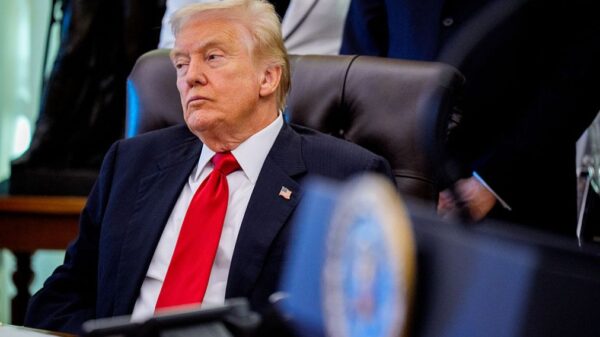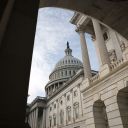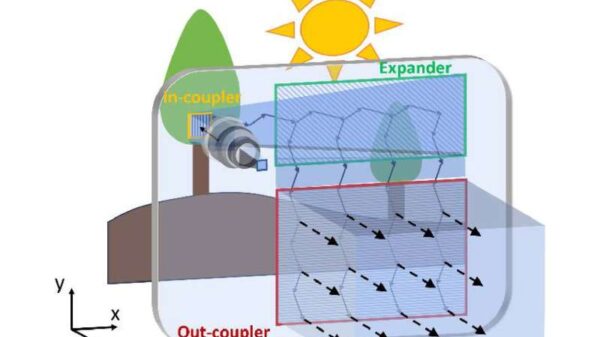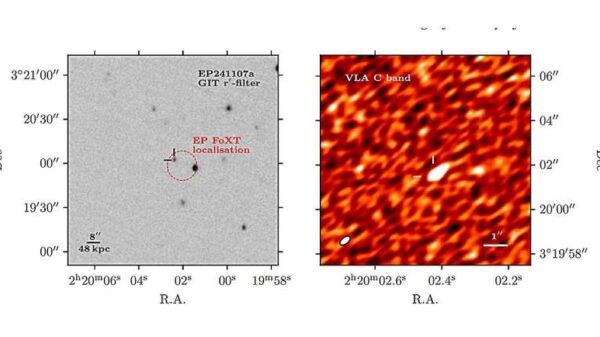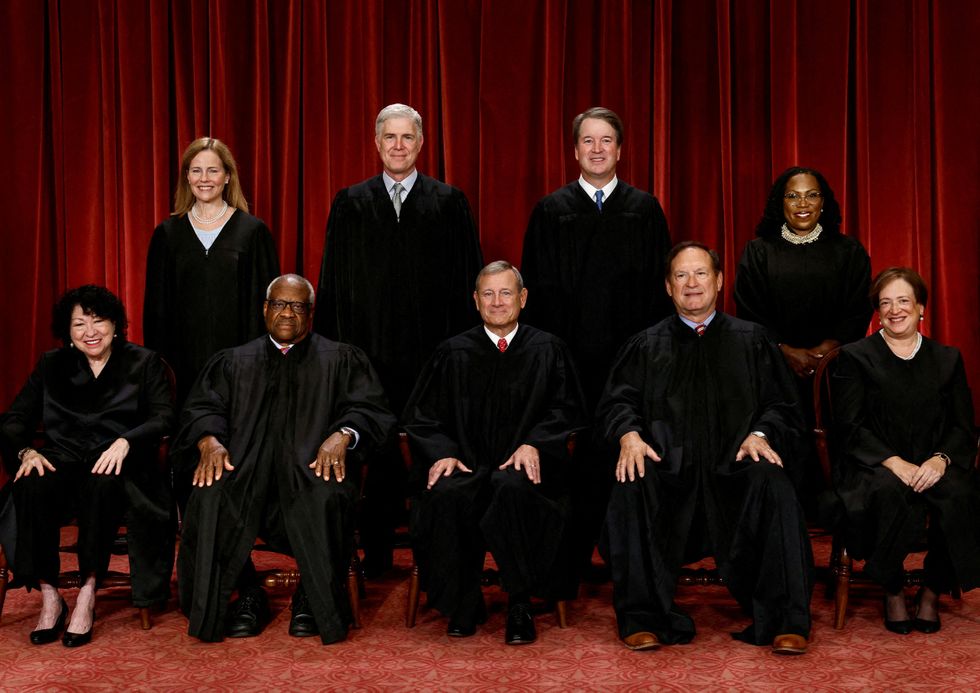URGENT UPDATE: Justice Elena Kagan has sharply criticized a recent Supreme Court ruling that allows President Donald Trump‘s administration to freeze nearly $4 billion in foreign aid initially allocated by Congress. This significant decision, confirmed on Friday, raises critical questions about the balance of power between the Executive and Legislative branches.
In her scathing dissent on the case Department of State v. Aids Vaccine Advocacy Coalition, Kagan emphasized the unprecedented nature of the ruling, stating that the court is now operating in “uncharted territory.” She expressed deep concern that the ruling would have lasting implications, preventing funds from reaching their intended recipients, not just temporarily but potentially “for all time.”
Kagan’s dissent comes amidst an urgent context: the court had less than three weeks to consider the emergency application, which she deemed a “short fuse.” She noted the decision was reached with “scant briefing, no oral argument, and no opportunity to deliberate in conference.” Kagan criticized the majority for prioritizing a hasty decision over a thorough judicial review, stating, “We will decide cases of far less import with far more process and reflection.”
The ruling allows the Trump administration to continue its freeze on funds, which Kagan argued disrupts established processes of administration and judicial review. She pointed out that the Executive has not met the high bar required for emergency relief, saying, “The Executive has not ‘made a strong showing that [it] is likely to succeed on the merits.'”
Kagan also rebutted Trump’s claims of irreparable harm due to compliance with lower court orders, dismissing the administration’s concerns about negotiating with foreign entities as a mere “frustration any President must bear.” She stressed that the Constitution grants Congress the power to dictate spending through appropriations laws, and the Executive must comply with those laws unless relieved by Congress.
The ramifications of this ruling are profound, affecting not just current funding but shaping future Executive-Congress relations regarding fiscal decisions. Kagan warned that the majority’s decision could undermine the legislative process and lead to a dangerous precedent for future appropriations.
As the implications of this ruling unfold, observers are urged to stay tuned for developments that may impact U.S. foreign policy and aid distribution. The debate over the allocation of power between the Executive and Congress is far from over, and the stakes have never been higher.
This urgent situation highlights the critical need for public awareness and engagement on the issues of government spending and the balance of power. The dissenting opinion from Justice Kagan is a powerful reminder of the checks and balances that are integral to the U.S. democratic system and the importance of thoughtful judicial processes.




